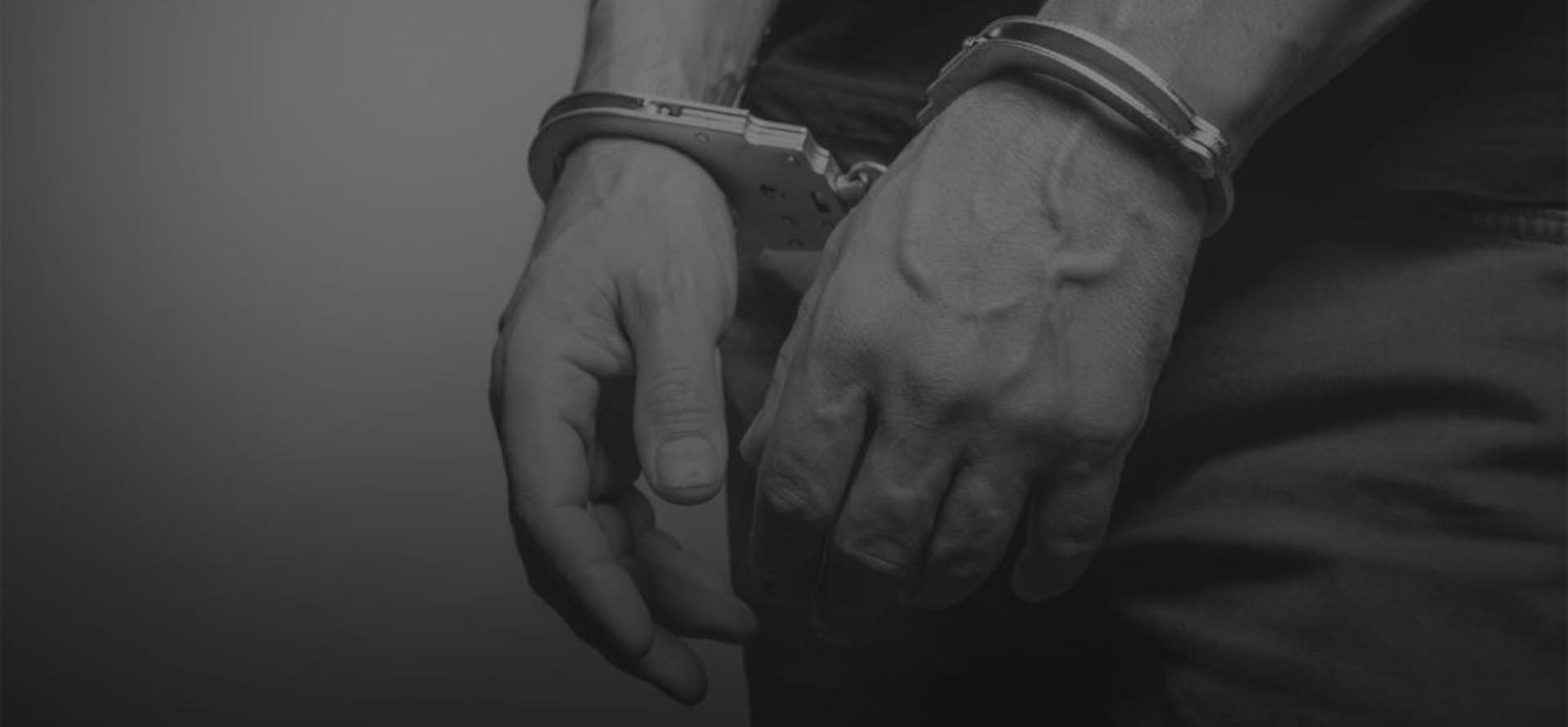
Criminal Defense
Utah Criminal Defense Law
No one is above the law. Not a politician, not a priest, not a criminal, not a police officer. We are all accountable for our actions. -Antonio Villaraigosa
You are innocent until proven guilty.
If you’ve been charged with a criminal offense, you need someone who understands the importance of every detail and the high stakes involved.
–
If you have been charged with a crime, let the attorneys at Utah.law defend you! Our attorneys understand that the stakes are high in criminal cases. In addition to possible loss of your freedom through imprisonment, criminal charges can result in serious harm to your personal life and career prospects. A criminal conviction may even cost you your right to vote or maintain a driver’s license.
However, our American legal system and Constitution establish that you are innocent until proven guilty! Our attorneys are committed to fighting for your freedom and can offer the sound legal advice you or a loved one will need to navigate the difficult court process. Our attorneys will work tirelessly to develop the best strategy for your specific case.
Let the experienced and aggressive attorneys at Utah.law take the burden off your shoulders and fight for your rights and future!
Our attorneys can offer you an experienced defense for various criminal charges, including but not limited to:
– Drug Crimes
– DUI & DWIs
– Misdemeanor Offenses
– Felonies
CRIMINAL LAW & DEFENSE PRACTICE AREAS
- All
- Drug Crimes
- DUI & DWIs
- Felonies
- Misdemeanors
We can help answer any of the following common questions regarding criminal defense:
– How do I know if there is a warrant out for my arrest?
– Which court or judge is assigned to my case?
– How can my criminal record be expunged?
– What is the difference between a misdemeanor and a felony?
– Do I really need to hire an attorney?
– What are the common defenses for the crime I am charged with?
– What if I am a first-time offender?
– How does the court process work in a criminal case?
No man can be judged a criminal until he is found guilty; nor can society take from him the public protection until it has been proved that he has violated the conditions on which it was granted. What right, then, but that of power, can authorize the punishment of a citizen so long as there remains any doubt of his guilt? -Cesare Beccaria





